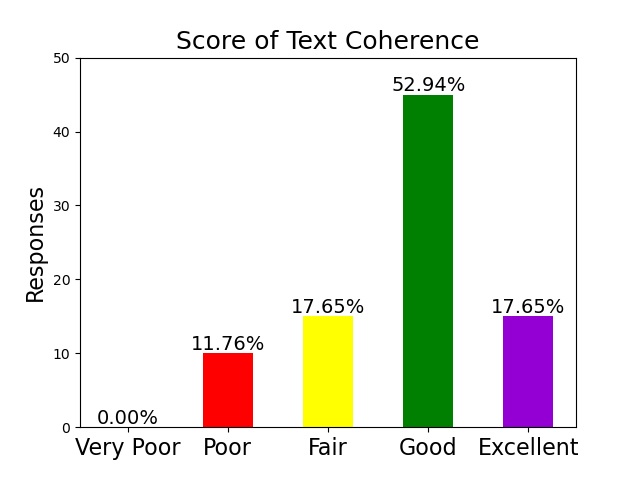Procedural generation of problems for elementary math education
DOI:
https://doi.org/10.17083/ijsg.v8i2.396Keywords:
Procedural content generation, math problem generation, mathematics education, online educationAbstract
Mathematics education plays an essential role in children’s development, and there are many online applications aimed at supporting this process. However, manually creating math problems with a variety of textual and visual content is very time-consuming and expensive. This article presents a generic approach for procedural generation of mathematical problems, including their corresponding textual representations. The content generation process consists of two phases: abstract math problem generation and text generation. For the generation of abstract math problems, we propose a generic template-based method that operates across a variety of difficulty-levels and domains, including arithmetic, comparison, ordering, mathematical relationships, measurement, and geometry. Subsequently, we propose a multi-language adaptive textual content generation pipeline to realize the generated abstract math problems into semantically coherent text questions in natural language. A workflow time gain evaluation shows that the system yields an average time saving of 56%. Further, human expert evaluation of this approach indicates that the content it generates is sensible and solvable for primary school students.

Downloads
Published
Issue
Section
License
Copyright (c) 2021 Yi Xu, Roger Smeets, Rafael Bidarra

This work is licensed under a Creative Commons Attribution-NonCommercial-NoDerivatives 4.0 International License.
IJSG copyright information is provided here.